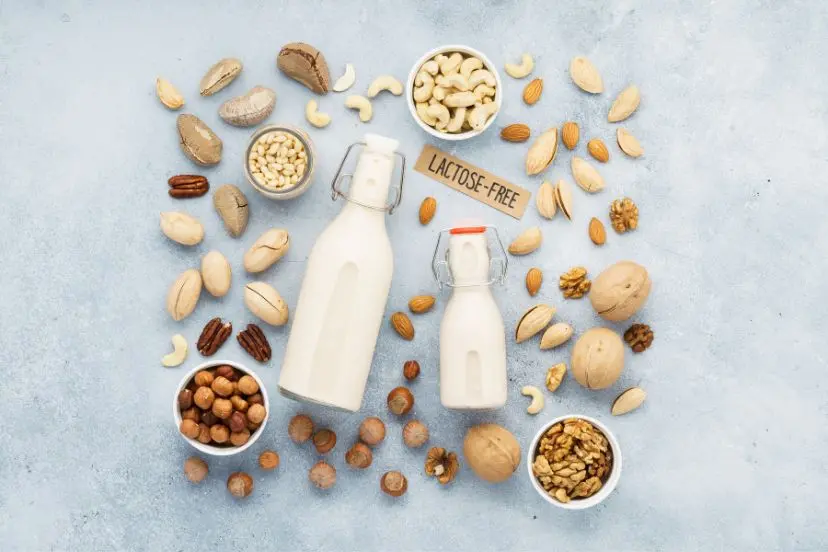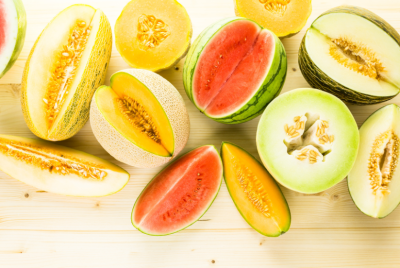Lactose-Free Milks: The Ultimate Guide
Introduction:
Are you someone who loves milk but struggles with lactose intolerance? If so, you’re in the right place. In this article, I will take you on a journey through the world of lactose-free milks. We will explore the various options available in the market, their benefits, and offer helpful suggestions to assist you in finding the perfect lactose-free milk for your dietary needs. Whether you prefer a rich and creamy texture or crave a subtle nutty flavor, there’s a lactose-free milk out there that’s perfect for you.
Understanding Lactose Intolerance:
Before we delve into the realm of lactose-free milks, it’s essential to understand lactose intolerance. Lactose is a sugar found in milk and dairy products. When individuals lack the enzyme lactase needed to break down lactose, they experience symptoms such as bloating, gas, and diarrhea after consuming dairy. Lactose intolerance affects a significant portion of the population, making lactose-free alternatives a popular choice.
Exploring Lactose-Free Milk Options:
Traditional Lactose-Free Milk Alternatives
– Lactose-Free Cow’s Milk
– Lactose-Free Goat’s Milk
– Lactose-Free Sheep’s Milk
Plant-Based Milk Substitutes
– Almond Milk
– Soy Milk
– Oat Milk
– Coconut Milk
– Rice Milk
– Hemp Milk
Nut-Based Milk Alternatives
– Cashew Milk
– Hazelnut Milk
– Macadamia Milk
– Walnut Milk
Grain-Based Milk Substitutes
– Quinoa Milk
– Barley Milk
Benefits of Lactose-Free Milk:
Lactose-free milk options offer numerous benefits that cater to individual preferences and dietary requirements. Some advantages include:
- Easily Digestible: Lactose-free milks are easier to digest for individuals with lactose intolerance, providing relief from discomfort.
- Nutrient-Rich: Many lactose-free milk alternatives are fortified with essential nutrients such as calcium, vitamin D, and B vitamins.
- Allergen-Friendly: Plant-based and nut-based milk substitutes are suitable for individuals with dairy and soy allergies.
- Culinary Versatility: Lactose-free milks can be used in cooking and baking, offering a versatile alternative to dairy milk.
- Environmental Impact: Plant-based milk substitutes often have a lower carbon footprint compared to traditional dairy milk.
Choosing the Right Lactose-Free Milk:
Finding the right lactose-free milk for your preferences and dietary needs can be a delightful experience. Consider the following factors:
- Taste and Texture: Experiment with different options to find a lactose-free milk that closely mimics the taste and texture of dairy milk.
- Nutritional Content: Check the nutritional information on the packaging to ensure the milk alternative provides the desired nutrients.
- Allergies and Sensitivities: If you have other allergies or sensitivities, choose a milk substitute that suits your requirements.
- Cooking and Baking: Consider how well the lactose-free milk performs in cooking and baking applications.
- Personal Preference: Ultimately, choose a lactose-free milk that you enjoy drinking and fits your lifestyle.
Conclusion:
In conclusion, lactose-free milks offer a wide array of options for those with lactose intolerance or dairy allergies. From traditional lactose-free cow’s milk to an extensive range of plant-based alternatives, there’s a milk substitute to suit every taste and dietary requirement. By exploring the various lactose-free milk options, considering their benefits, and understanding your personal preferences, you can confidently choose the perfect lactose-free milk to enhance your daily life.
FAQs:
Q: Can lactose-free milk be used as a complete replacement for dairy milk?
A: Yes, lactose-free milk can be used as a complete replacement for dairy milk in most applications, including drinking, cooking, and baking.
Q: Are lactose-free milks suitable for vegans?
A: Some lactose-free milk options, such as almond milk, soy milk, and oat milk, are vegan-friendly. However, it’s essential to check the ingredients to ensure there are no animal-derived additives.
Q: Are lactose-free milks healthier than dairy milk?
A: Lactose-free milks offer various health benefits, including being easier to digest and often fortified with essential nutrients. However, the overall healthiness depends on the specific milk alternative and individual dietary requirements.
Q: Can I make my own lactose-free milk at home?
A: Yes, it’s possible to make lactose-free milk at home using lactase drops or lactase enzyme tablets. However, the process can be time-consuming and may require additional ingredients.
Q: Are lactose-free milks more expensive than dairy milk?
A: Lactose-free milks can be slightly more expensive than dairy milk due to the additional processing required. However, the prices vary depending on the brand and specific milk alternative.




